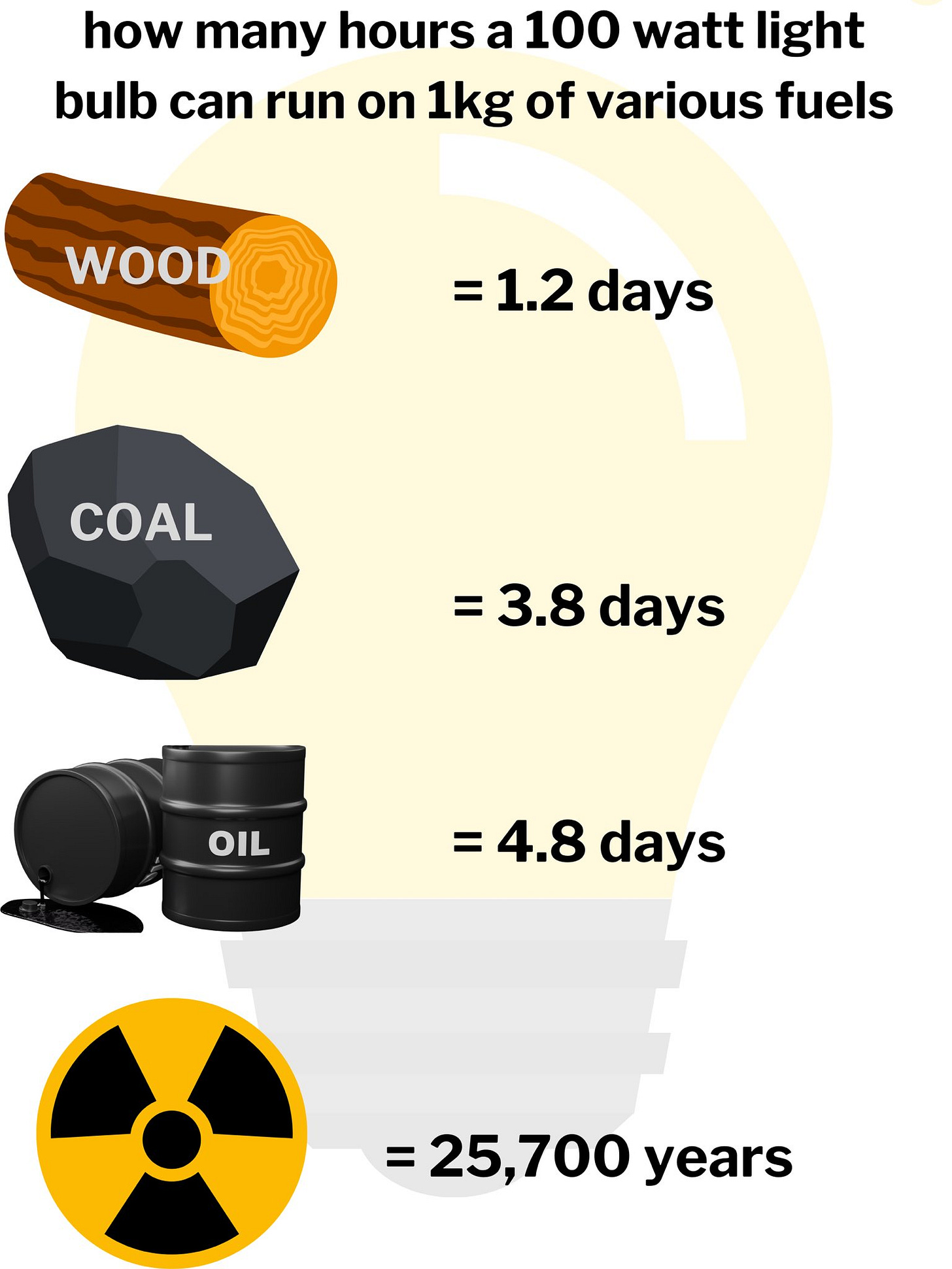The Turning ESG Tide

ESG is a scam. It has been weaponised by phoney social justice warriors. Elon Musk
I just know what is right, and I want to do what is right. Greta Thunberg
In 1970 Milton Friedman wrote an article in the New York Times laying out what became known as the Friedman Doctrine. In Friedman’s view, the politicians’ “free lunch” of pursuing a corporately led social policy was subversive to a free society. He concluded that “there is one and only one social responsibility of business—to use its resources and engage in activities designed to increase its profits so long as it stays within the rules of the game, which is to say, engages in open and free competition without deception or fraud.” While Margaret Thatcher and Ronald Regan extolled the Friedman Doctrine in the 1980s, the counter doctrine, rebadged ESG (Environmental, Social & Governance), has since had a renaissance. Concerns regarding capitalism’s role in climate change and the financial crisis enabled ESG to reshape our corporate strategies and capital allocation decisions in recent years, radically changing the relative cost of capital across different sectors. However, the tide of ESG is on the turn, and its influence on the valuation of stocks is changing. What needs to be clarified is whether this retreat is strategic or tactical.
There have been various straws in the wind about this change. However, Russia’s invasion of Ukraine was an important catalyst which forced Europe and its Western allies to reconsider their energy priorities. More recently, in the UK, the political opportunist Nigel Farage (yes, him) pushed on the door of banking compliance to uncover why he had been rejected as a customer of Coutts. He could never have imagined the hornets’ nest his search for an explanation kicked over. But what the episode has revealed is a world of arbitrary and subjective discrimination hidden behind the cloak of banking regulation designed to prevent money laundering but used to further an unaccountable social policy.
In the area of environmental policy, Professors Shue and Hartzmark of Yale and Boston College, respectively, weighed in with a recent paper that studied 18 years of data from 3,000 US companies categorised by their emissions. One of their discoveries was that starving high-emission firms of capital leads them to double down on existing production methods. Rather than invest in new lower-emission technologies, they continue with old high-pollution production to earn cash quickly to avoid bankruptcy.
Stuart Kirk, the former Head of Sustainable Investing at HSBC, kicked off a rumpus culminating in his sacking when he made his infamous speech at the FT Moral Money Conference in May last year. Kirk suggested that the risk to investment returns from climate change was over-hyped, Miami becoming Amsterdam was nothing to worry about, and central bank doom-mongers were “nut-jobs.” Kirk, now employed by the FT, has since focused his writing on the numerous internal inconsistencies within the ESG investment framework.
Cambridge Political Economy Professor Helen Thomson wrote in the Sunday Times that the actual cost of decarbonisation involves nothing short of the re-invention of civilisation. She believes that net zero legislation passed in the dying days of Theresa May’s government was a unifying political act pushed through to help alleviate the fractious Brexit impasse. Ironically Labour’s inability to win Boris Johnson’s old seat in the recent Uxbridge by-election due to the ULEZ charge opposition casts this hasty enactment in a new realpolitik with both main UK parties stepping back from previously stated green policies.
Also, last week, the CEOs of major UK companies cast doubt on some previously firmly held ESG tenets as they updated investors. Having slowed the retreat from oil and gas production and relaxed its targets for cutting carbon emissions in February, BP’s Bernard Looney said it would only invest in renewables if they made an acceptable return and that “we don’t want to generate electrons just for electrons’ sake.”
Similarly, after defence contractor BAE revealed a massive increase in its order backlog with a positive trading update, its CEO Charles Woodburn said, “Before the invasion of Ukraine, several investors just wouldn’t meet us. We see that pendulum now swinging into a more balanced position of ethical considerations, co-existing with the need for defence and security.”
Finally, Rolls Royce’s new CEO, Tufan Erginbilgic, ramped up the rhetoric on the case for nuclear power as a critical component in the transition to net zero. These CEOs all confront the hard truth that the path to net zero involves difficult trade-offs. But if there is a textbook case study of how ESG doctrine struggles with changing global priorities, it is nuclear energy.
There is growing recognition of nuclear energy’s role in transitioning to net zero. The European Union has included nuclear power in its taxonomy of sustainable activities (albeit it is undergoing a fierce internal argument among its member nations about its adoption). Many other countries are also reconsidering the role of nuclear power in their decarbonisation plans. Japan is restarting its reactors closed post the Fukushima tsunami a decade ago. China is building 45 new reactors, while India, South Korea, and even Saudi Arabia have growing nuclear plans. Yet different ESG frameworks define nuclear energy projects differently, raising doubts, slowing investment decisions, and raising costs.
Re-prioritising how we meet our energy needs has pushed back against the strong historic resistance to nuclear energy. Anyone who has seen the film Oppenheimer can appreciate the damage done by the Manhattan Project to the cause of nuclear energy in the last eighty years. However, the energy intensity of uranium, and the safety record of nuclear energy with zero emissions, is making its logic irresistible. Compared to intermittent wind and solar, nuclear is the only net-zero base load energy option currently available. The rising price of uranium is reflecting this reality.

What is clear, UK investors are rapidly losing faith and have been selling ESG equity funds. Edward Glyn, Head of Global Markets at Calastone, said last week, “ESG funds suffered their third consecutive month of outflows, the longest run of selling on record. July saw them shed a record £376m, taking the cumulative outflow to £1.02bn since May.”
The future of ESG is changing, but key questions remain. Is the era of sustainable, socially responsible investing in full-scale retreat as outlined by the Friedman Doctrine? Or are we just discovering that social responsibility and caring for our environment is expensive, and its pursuit has trade-offs we must consider more carefully, particularly during an economic slowdown? The answers to these questions will help guide capital allocation over the coming years.
Jeremy
The post The Turning ESG Tide appeared first on Progressive.



